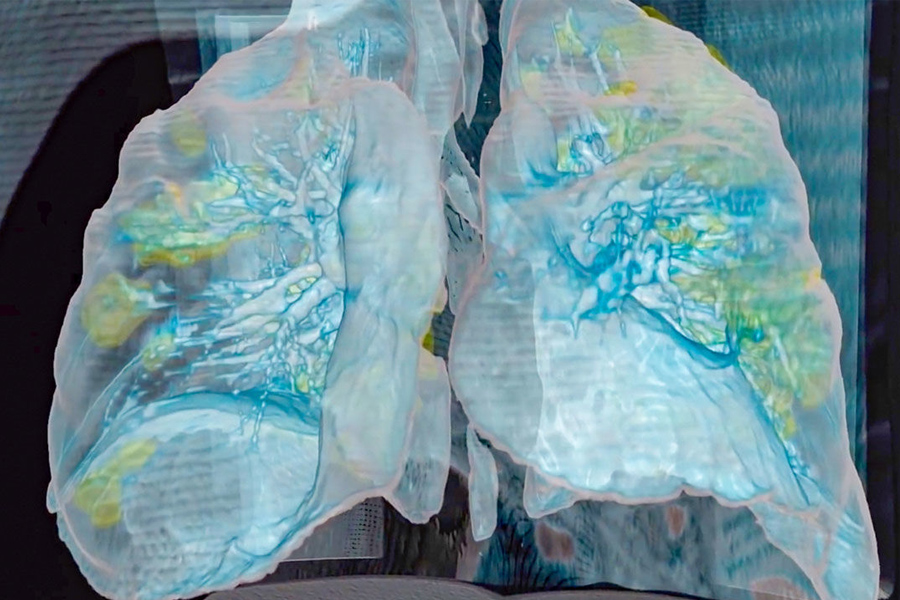The National Committee for Quality Assurance (NCQA) has updated the health plan accreditation (HPA) guidelines for 2018. The 2018 HPA guidelines are effective for surveys starting on July 1, 2018. The finalized updates are detailed below.
1. NCQA Creates a NEW Population Health Management (PHM) standards category
What it means
According to the NCQA, “The PHM category is a shift from evaluation of single-disease state toward a whole-person focus…The new PHM category also recognizes the important role of data analytics for identifying population needs, targeting resources to the right individuals and evaluating the impact of their strategy. This holistic approach allows removal of a number of outdated standards, such as siloed disease management and practice guidelines. Changes resulted in a net reduction of seven elements.”
The NCQA is encouraging heath plans to align with delivery system providers to shift focus from the single-disease focus to a whole-person and population perspective. The new PHM updates include:
- Creating new standards
- Transforming standards from the Quality Management and Improvement (QI) and Member Connections (MEM) categories
- Eliminating QI 6: Disease Management, QI 7: Practice Guidelines and MEM 7: Support for Healthy Living
The details of the new PHM standards
1: PHM Strategy (NEW)
Plans will be required to develop and record a comprehensive strategy for population health management, including:
- Targeted populations
- PHM programs
- Services
- Activities offered to members
They will also be required to show that they provide basic program information to members along with instructions for using program services.
2: Population Identification (NEW)
Plans will be required to integrate and assess data to assess their members’ needs and to connect them with the programs and services they require.
3: Delivery System Supports (NEW)
Plans will be required to demonstrate their methods of support for providers and practitioners in their delivery system – either by providing this data directly to the accountable care organizations (ACOs), or providing practice transformation support to budding patient-centered medical homes (PCMHs).
They must also demonstrate that they engage providers and practitioners in value-based payment arrangements.
4: Wellness and Prevention
As before, plans will be required to identify members’ health risks and educate them about healthier lifestyles through evidence-based tools.
5: Complex Case Management
As before, plans will be required to offer case management services to their most complex, highest-risk members.
6: Population Health Management Impact (NEW)
Plans will be required to analyze their own PHM efforts and outcomes to assess their own effectiveness. This analysis will include measures related to:
- Clinical processes or outcomes
- Member experiences
- Cost and utilization
2. UM 4, Element H: Appropriate Classification of Denials—Retired.
UM 4, Element H: Appropriate Classification of Denials, requiring the organization to demonstrate that it classifies denials appropriately, has been retired.
NCQA requests feedback on two proposed options for surveying Element UM 4H: Appropriate Classification of Denials.
The NCQA Advantage: Acting on feedback received about this element, NCQA wants to work with stakeholders to improve the requirement. Transparency and direct response assures health plans and stakeholders that NCQA listens and strives to improve.
3. Medicaid Managed Care Rule (MMC)—Updated.
Utilization management standards have been aligned with the MMC rule by updating timelines and notification methods.
Requirements will be updated to align with the CMS Medicaid Managed Care Final Rule, allowing Medicaid plans to follow one set of requirements to meet both federal regulations and accreditation requirements.
The NCQA Advantage: By aligning the current set of standards with MMC, NCQA intends to reduce burden to Medicaid plans so they can use resources where they are most needed: on beneficiaries.
4. Network Management: Assessment of Network Adequacy—Updated.
The Network Management assessment of network adequacy requires plans to:
- Assess member experience with the plan’s network by analyzing complaints and appeals (NET 3A)
- Identify opportunities to improve access to nonbehavioral healthcare services and behavioral healthcare services based on analyses results from NET 1, NET 2, NET 3A and CAHPS survey results.
- Implement interventions to improve access
- Measure effectiveness of interventions
- Provide information in their online directory about the criteria (i.e., Quality, member experience or cost-related measures) used to select hospitals and practitioners for participation in Marketplace plan networks. (NET 4A-B)
- Monitor member experience with its Marketplace plan services through member complaints and appeals and requests for out-of-network services (NET C)
The 2018 updates to Network Management have expanded tracking out-of-network requests for services from Marketplace-only product lines to all product lines.
More Information is Available…
The full electronic web-based text of the 2018 Standards and Guidelines for the Accreditation of Health Plans is available for purchase on the NCQA website.
Check Out Our Healthcare Professionals Community
- Free live webinars
- Free online courses
- CE credits available
- Fact sheets
- Videos
- And more…
To visit our Healthcare Professionals Community, click here.
Sources
The National Committee for Quality Assurance (NCQA)






















